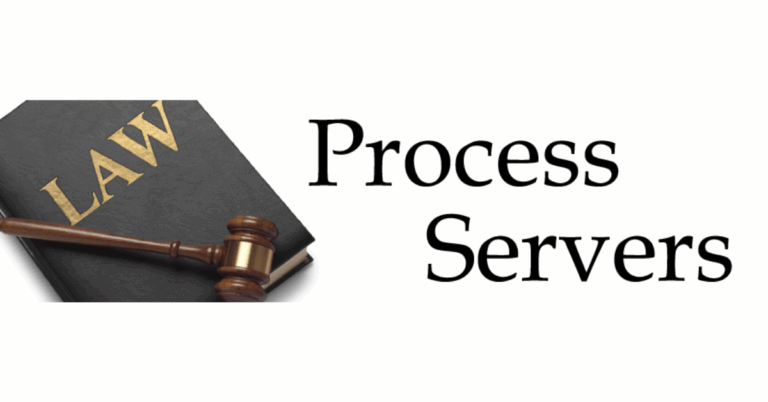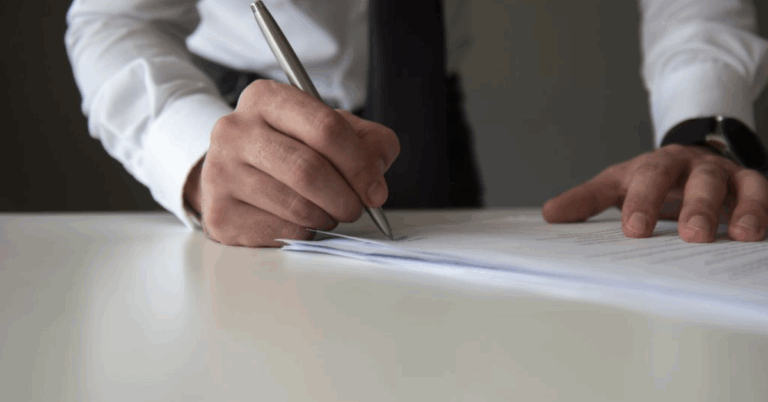Apostille Power of Attorney: Everything You Need to Know
A Apostille Power Of Attorney is a critical legal document that allows an individual (the principal) to authorize another person (the agent or attorney-in-fact) to act on their behalf in legal, financial, or business matters. When you need to use a Power of Attorney in a foreign country, especially in countries that are members of the Hague Apostille Convention, it must be apostilled to ensure its authenticity and legal validity.
This blog explains the importance of apostilling a Power of Attorney, the process involved in India, and answers frequently asked questions about Apostille Power of Attorney.
What is a Power of Attorney?
A Power of Attorney is a legal authorization given by one person to another, granting the authority to make decisions and act on their behalf. It can be:
-
General POA – Broad powers over financial, legal, and business matters.
-
Specific POA – Limited to specific actions like selling property, handling bank accounts, or representing in legal cases.
Why Apostille a Power of Attorney?
When a Power of Attorney is intended to be used in a foreign country, it requires authentication so that the authorities in that country recognize it as a legitimate document. Apostilling the Power of Attorney:
-
Certifies the authenticity of the signature on the POA.
-
Verifies the capacity of the person who signed the POA.
-
Ensures the document is legally accepted in Hague Convention member countries without further legalization.
Without apostille, the document may not be recognized, leading to delays, rejections, or legal complications abroad.
Who Needs Apostille Power of Attorney?
-
Individuals appointing representatives for property transactions abroad.
-
Business owners authorizing agents for overseas operations.
-
Students or professionals granting someone power for educational or employment purposes.
-
People handling legal, financial, or administrative matters in foreign countries.
Documents Required for Apostille of Power of Attorney
To apostille a Power of Attorney in India, you typically need:
-
Original Power of Attorney document (notarized).
-
Identification proof of the person signing the POA.
-
Proof of address.
-
Passport-sized photographs (if required by the service provider).
The Power of Attorney must first be notarized by a notary public before it can be apostilled.
Step-by-Step Process to Apostille Power of Attorney in India
Step 1: Notarization
The POA document must be notarized by a local notary public to verify the authenticity of the signature and the identity of the signer.
Step 2: State Attestation
Depending on the jurisdiction, the notarized POA is attested by the State Home Department or the General Administration Department (GAD).
Step 3: Apostille by the Ministry of External Affairs (MEA)
After state-level attestation, the document is submitted to the Ministry of External Affairs, which affixes the apostille certificate to the POA.
Step 4: Collection or Delivery
Once apostilled, the Power of Attorney can be collected in person or sent via courier.
Important Points to Remember
-
The Power of Attorney should not be laminated before apostille.
-
Only original notarized documents are accepted for apostille.
-
The apostille certifies the document only for countries that are part of the Hague Convention. For other countries, embassy attestation is necessary.
Timeframe and Cost
The apostille process for a Power of Attorney usually takes between 2 to 7 working days, depending on the state and processing times. The Ministry of External Affairs charges a nominal fee per document, with possible additional fees if you use professional agencies.
Apostille vs. Consular Legalization for Power of Attorney
-
Apostille: Applicable for countries that are members of the Hague Apostille Convention; simple and faster process.
-
Consular Legalization: Required for countries not part of the Hague Convention; involves embassy or consulate authentication.
Always confirm the requirements of the destination country before proceeding.
Frequently Asked Questions (FAQs)
Q1: Can a Power of Attorney be apostilled for any country?
No. Apostille is valid only for countries that are members of the Hague Apostille Convention. For others, consular legalization or embassy attestation is required.
Q2: Is notarization mandatory before apostille?
Yes. The Power of Attorney must be notarized before submitting for apostille.
Q3: How long does the apostille process for POA take?
Typically, it takes 2 to 7 working days, depending on the document type and processing location.
Q4: Can I apostille a scanned or photocopied Power of Attorney?
No. Only original notarized documents are accepted for apostille.
Q5: What is the fee for apostille of Power of Attorney?
The government fee is nominal; additional charges may apply if using third-party service providers.
Q6: Do I need to remove lamination from the POA before apostille?
Yes. Laminated documents are not accepted and must be submitted in original form without lamination.
Conclusion
Apostilling a Power of Attorney is essential for its acceptance and legal validity abroad, especially in countries that are signatories to the Hague Convention. Understanding the process and requirements helps avoid delays and legal issues when dealing with international transactions or affairs. For smooth and hassle-free apostille services, you may consider engaging professional agencies that specialize in document legalization and apostille services.







